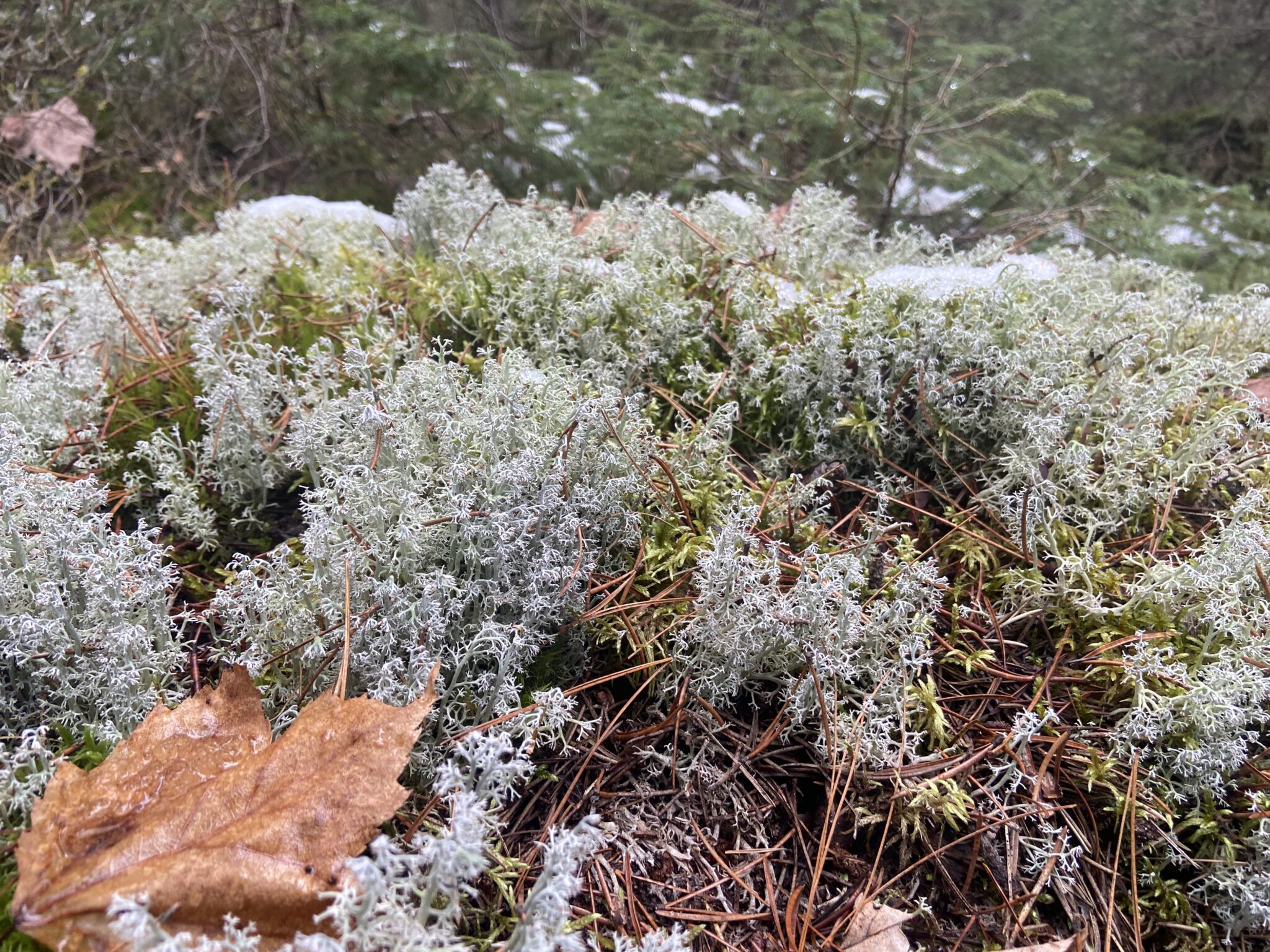Posts Tagged ‘Mother’
Keeping Records
By Alyssa Warmland
I pulled the photos out of their envelope one at a time, turning over each one to carefully record the date, place, and people in the photo. Sometimes, I included comments. “Apple picking in Hamilton with Pop Pop, Fall, 2023. You loved the wagon ride!”. I slipped each picture into an empty pocket in my son’s photo album.
Next, I pulled out the baby book I’ve kept since before he was even earthside. I flipped to a page at the back to record an appointment, a new adventure with a forest homeschool group, and milestones.
When I tell other people my age about these rituals, they tend to share that they wish they were better about printing pictures and writing in their kids’ baby books. I’ve always enjoyed documentation, an avid journalkeeper as long as I’ve been able to write. I’ve considered this another extension of that interest. It wasn’t until earlier this week that it hit me- I keep these records so that if I die while my kid is young, he will have access to this information.
When I was 14, my mom was diagnosed with terminal cancer. I remember the day my dad picked me up from school and told me the results of the biopsy. I remember riding beside him in the passenger seat and thinking, “She’ll never meet my kids. She won’t be at my wedding. She won’t see me graduate.” All the milestones we would spend apart ran through my head. In the years since her death, I’ve consulted my baby book and read, over and over, the notes she wrote to me.
When my son was born and I became a mother, I read the notes in my book. When he started getting teeth, I turned to my (and my brother’s) books to find out when we got our teeth. I’ve looked up when we potty trained, what our sleep was like, about her breastfeeding experiences, when we started going to the dentist, and, most recently, upon learning that I was expecting another baby, what it was like when my mom brought my brother home. Not all, but some, of my questions I wish I could ask her about were answered in this record she lovingly kept.
As I write in my son’s books and caption the photos I’ve printed, I honour her, my child, and my own mother/child self. I hold space for my grief and for her memory. I continue a tradition of mothers keeping records to pick up when our babies need them.
Reflections on Mother’s Day
By Jessica Milette, MSW, RSW
The signs of spring start to show up: the bird calls, sleepy daffodils and tulips waking up from their slumber, the trees beginning to bud ready to shade us with their leaves all season. And then, the flood of Mother’s Day emails start crashing into our inboxes.
Mother’s day is a holiday where we show appreciation and care for the maternal roles in our lives. However, this holiday can feel very overwhelming for those of us who are grieving the death of a mother figure, a mother grieving their child, or those of us grieving the loss of not being able to become mothers ourselves. The ads, commercials, and displays at the store, designed to be appealing and inviting become a painful grief trigger as we go about our day, our minds and hearts going to the person we’re grieving who isn’t alive to receive their flowers or gifts. Feeling as if our grief is heightened on holidays or times of celebration is a natural reaction to have. Often around these times of the year we gather with our loved ones, and our special person’s absence feels amplified.
Over the years, my grief reactions around mother’s day continue to change. At first, it was like a black looming cloud and I would avoid anything to do with Mother’s Day. Over time, I still have had hard Mother’s Days but the day looks much different. I may write to my mother, choose to ignore the day and do things unrelated to Mother’s Day, make a comforting meal from my childhood, or participate in a memorial event on Mother’s Day. Regardless of what I choose to do, or not do on Mother’s Day I make sure to give myself the space and compassion to rest and recover – grief can be exhausting.
There is no right or wrong way to grieve, nor how to go through Mother’s Day. Our relationship as mothers and children is unique, so too will be our grief. The following ideas may be how you’d like to take time to honour the person you’re remembering and grieving on Mother’s Day:
-Unsubscribing from Mother’s Day emails (some companies have a special opt-out message for folks to unsubscribe from these types of emails)
– Ignoring Mother’s Day altogether and doing something that fills you up (it could be going to a movie your person may have never wanted to go to or taking a long hike)
– Creating an altar with photos, keepsakes, and favourite things of your person
– Lighting a candle in their honour
– Writing them a card, updating them on your life and reflecting on your relationship
– Creating a new tradition or ritual to replace Mother’s Day
– Packing your day with connection and activities with trusted others who support you in your grief
– Having a day of nothing: allowing yourself to do what your heart is telling you (a bath, a nap, a cry)
Sometimes our grief may feel heaviest in anticipation of Mother’s Day or on Mother’s Day itself. As we enter May and Mother’s Day approaches, I wish for you to be compassionate towards yourself and move through the day in the way that fits your heart and relationship best.
Joyce – Mothers supporting mothers in grief
Joyce – Mothers supporting mothers in grief
Joyce talks about the value of a support network of other mothers who have lost
Joyce – Your other children
Joyce – Your other children
Joyce discusses how her daughter dealt helped her as well as dealing with the loss of her brother.
Rosie Koostachin- “We Matter Campaign”
Rosie Koostachin- “We Matter Campaign”
Rosie talks about her life, why you can’t give up hope and that life is important.
Jeff – “Talking About Grief”
Jeff – “Talking About Grief”
Jeff outlines the story of losing his mother to cancer and the difficulty he experienced when he struggled to acknowledge his grief after her death.
Cheryl and Mike – “Their Story”
Cheryl and Mike – “Their Story”
Cheryl and Mike discuss losing more than one family member. They continue to grieve Cheryl’s father and the death their daughter in a car accident.
Janice – “Grief and the whole relationship”
Janice – “Grief and the whole relationship”
Janice uses a personal story to talk about how loss can be related to the whole relationship not just the death.
Katie “Ongoing Grief”
Katie “Ongoing Grief”
Katie talks about the loss of her mother.


